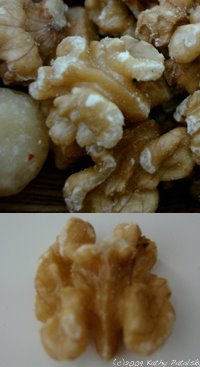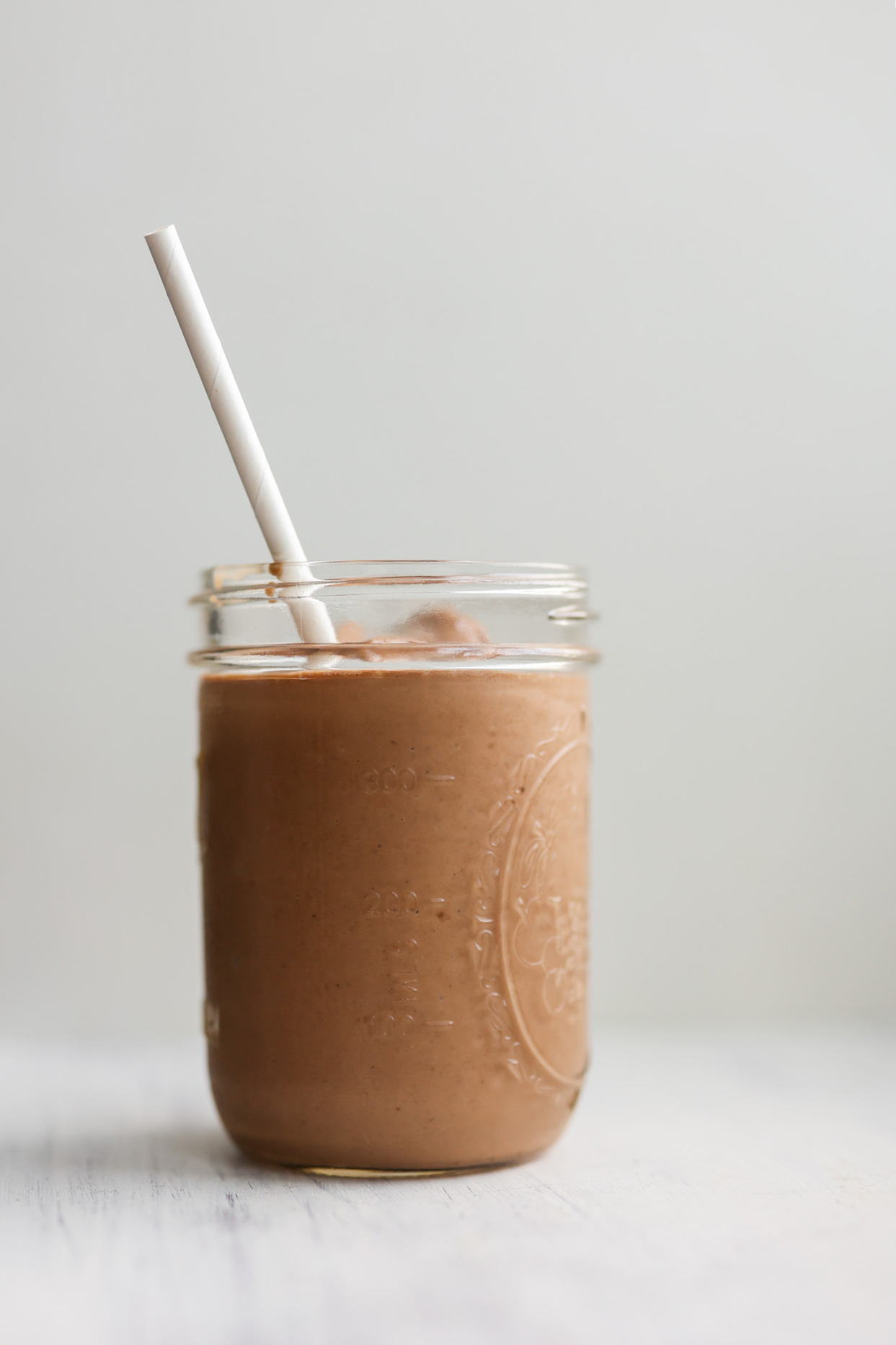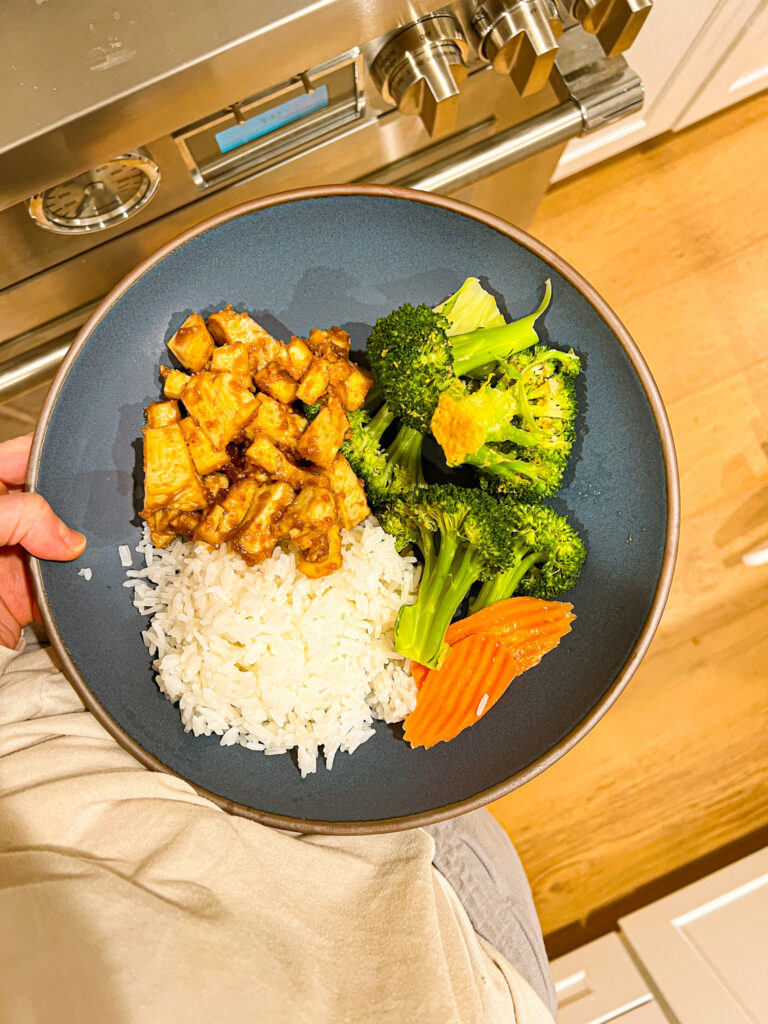
Nutcracker! What nut is the traditional 'nutcracker' nut? Walnuts! As a child, I remember having a giant bowl of bumpy round still-in-the-shell walnuts on our coffee table, and I'd eat so many of them simply because it was so fun to use the crack-by-hand nutcracker.
Walnut Nutrition. There have been numerous studies that show the superfood positive health effects that walnuts have. Flat out facts: walnuts are high in iron, manganese, magnesium, copper, Vit B and especially omega 3 fatty acids. One serving of walnuts has over 90% RDA of omega 3's!
Click ahead to hear the complete nutrition data on walnuts...
From WHFoods.com:
"This delicious nut is an excellent source of omega-3 essential fatty acids, a special type of protective fat the body cannot manufacture. Walnuts' concentration of omega-3s (a quarter-cup provides 90.8% of the daily value for these essential fats) has many potential health benefits ranging from cardiovascular protection, to the promotion of better cognitive function, to anti-inflammatory benefits helpful in asthma, rheumatoid arthritis, and inflammatory skin diseases such as eczema and psoriasis. In addition, walnuts contain an antioxidant compound called ellagic acid that supports the immune system and appears to have several anticancer properties."
Nutrition Facts: Walnuts
per 14 halves, 1 ounce serving
calories: 185
fat:18g
sat fat:2g
carbs:4g
fiber:2g
protein:4g
cholesterol:0
Thiamin: 6% RDA
Vit B6: 8% RDA
Folate: 7% RDA
Copper:22% RDA
Iron: 5% RDA
Calcium: 3% RDA
Phosphorus: 10% RDA
Manganese: 48% RDA
Magnesium: 11% RDA
Omega 3: 2565 mg
Omega 6: 10761 mg
Walnuts are rich in phytochemicals, of which scientists are still trying to discover all the health benefits of:
"Walnuts are particularly rich in total phenols with 1625 mg gallic acid equivalents/100 g."
-Dr.Chen, Tufts University, http://www.ncbi.nlm.nih.gov/pubmed/18296370
Gallic Acid:
"Gallic acid seems to have anti-fungal and anti-viral properties. Gallic acid acts as a antioxidant and helps to protect our cells against oxidative damage. Gallic acid was found to show cytotoxicity against cancer cells, without harming healthy cells. Gallic acid is used a remote astringent in cases of internal haemorrhage. Gallic acid is also used to treat albuminuria and diabetes. Some ointment to treat psoriasis and external haemorrhoids contain gallic acid."
-http://www.phytochemicals.info/phytochemicals/gallic-acid.php









